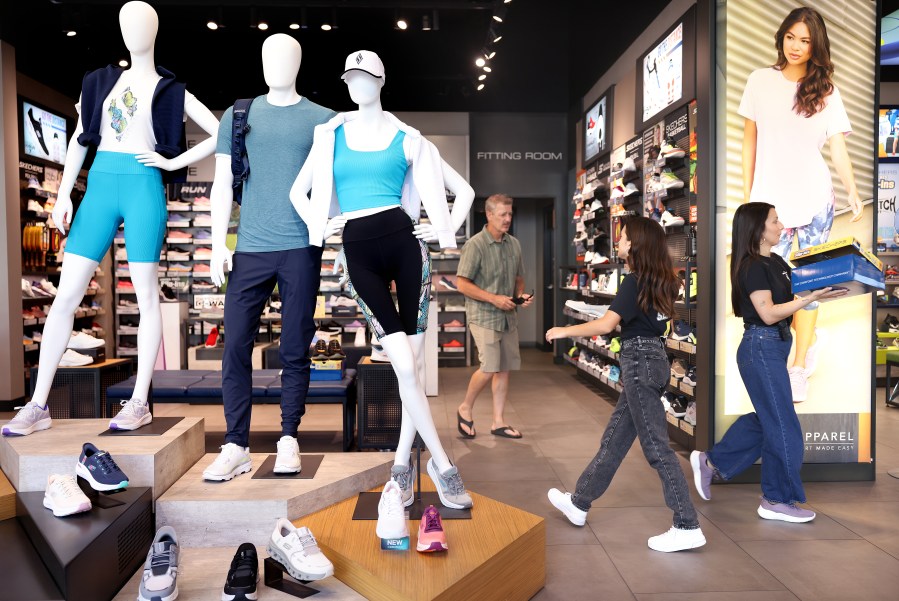
Recently, the well-known American footwear brand Skecky announced that it has agreed to be acquired by the Brazilian private investment institution 3G Capital and will exit the capital market after going public for more than two decades and become a non-listed company. This major transaction has drawn widespread attention from the market, especially against the backdrop of the US government's continuous implementation of tariff policies and increased pressure on other manufacturing countries. This acquisition appears even more representative and cautionary.
According to a statement jointly released by Skechers and 3G Capital, the acquisition price is $63 per share, and the total transaction amount exceeds $9 billion. Skechers' board of directors has unanimously approved the transaction, which is expected to be completed in the third quarter of 2025.
However, this transaction did not stem from the natural evolution of the market but was influenced by multiple external factors, among which the continuous promotion of trade protection policies by the US government was particularly crucial. Especially in recent years, the frequent introduction of high tariff measures has exerted tremendous operational pressure on American manufacturing enterprises.
Faced with the constantly rising import tariffs, Skechie is in a dilemma in terms of business strategy and cost control. In the first-quarter financial report released in April, Skechers even broke the usual practice and did not provide financial expectations for the next quarter. The company's chief financial officer, John Vandermore, publicly stated that the current market environment has changed so drastically that it is difficult for the company to make reliable predictions. This uncertainty itself is a heavy blow to the decision-making ability of enterprise management and the confidence of the capital market.
A more direct warning emerged recently in a formal document submitted by Skecher to the U.S. Securities and Exchange Commission, stating that the U.S. government's tariff policy may have a "significant adverse impact" on the company's business. It will not only push up operating costs but also force the company to raise product prices, thereby affecting consumers' purchasing intentions and ultimately lowering overall sales.
Not only the Skechers are in trouble. Industry organizations such as the American Footwear Association and the Association of Footwear Wholesalers and Retailers have also spoken out one after another. Recently, these associations, on behalf of 76 mainstream footwear brands including Nike, Adidas, Skechers and Under Armour, jointly submitted a letter to the White House, requesting the government to grant tariff exemptions for footwear products. Many enterprises are unable to pass on the tariff costs to consumers because market prices have approached their affordability limits. The letter stated directly, "If no immediate action is taken, the inventory of footwear will dry up in the coming months and consumers will be directly affected."
Skecky's decision to delist and accept acquisition by overseas capital this time is largely in the hope of getting rid of the information disclosure pressure and short-term performance anxiety of a listed company, so as to gain more flexible operational space and strategic freedom. After privatization, the company will be able to focus more on brand transformation, global market layout and supply chain adjustment, without being constrained by the quarterly profit requirements of the capital market.
This also reflects a deeper issue: When the policy level brings uncertainties or even institutional obstacles to enterprises, the strategic choices of enterprises themselves will inevitably tend to avoid risks and withdraw. And this kind of market behavior of "voting with one's feet" might be the most genuine feedback on the current policy orientation.
In this sense, Skecher's exit is not only a transformation of an individual enterprise, but also a collective reflection on the current US trade policies, manufacturing ecosystem and global economic connections. In the era of globalization, if policies are divorced from the actual situation of the industry, it will only push originally competitive brands into a difficult situation, and ultimately the future of the entire industry will be lost.

Since 2022, the Fed has cumulatively reduced its balance sheet by $2.4 trillion through quantitative tightening (QT) policies, leading to a near depletion of liquidity in the financial system.
Since 2022, the Fed has cumulatively reduced its balance sh…
On December 11 local time, the White House once again spoke…
Fiji recently launched its first green finance classificati…
Recently, the European Commission fined Musk's X platform (…
At the end of 2025, the situation in the Caribbean suddenly…
The U.S. AI industry in 2025 is witnessing a feverish feast…